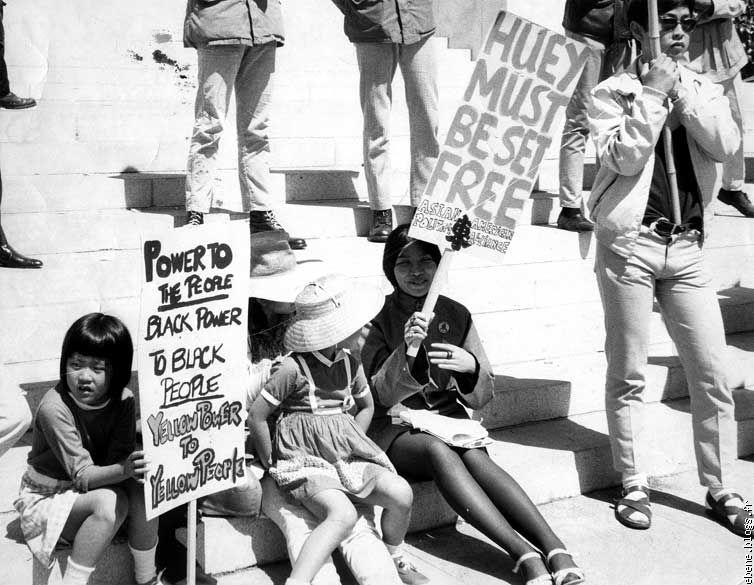May 28, 2020
We’re holding a lot of grief and anger over the Black lives stolen by white supremacy in recent weeks. For George Floyd, Breonna Taylor, Nina Pop, Ahmaud Arbery, and so many others whose names never made national headlines, we demand justice and mourn their loss. But we also recognize that this is not enough. In this moment—especially with the knowledge that it was an Asian American cop who stood by and did nothing as his partner literally crushed the life out of George Floyd—it is urgent that we as Nikkei and Asian Americans recommit to the hard and messy work of uprooting the anti-Blackness from within our communities.
The anti-Asian violence being directed at our communities during this pandemic is inextricably linked to the anti-Black violence that allows the police to murder unarmed civilians like George Floyd and Breonna Taylor, that teaches the Amy Coopers of the world to weaponize their white tears to summon those same police, that teaches us to stay silent while those same police commit those same murders as if that will somehow protect us. If we hope to end this violence—all of it—we must reckon with our complicity in this tangled web of white supremacy, and our responsibility to dismantle it.
Our historical inheritance is Yuri Kochiyama and Grace Lee Boggs building Asian solidarity for Black liberation, but it is also Mike Masaoka and S.I. Hayakawa peddling a model minority myth that encourages us to step on others to ascend into whiteness. It is Vincent Chin beaten to death by angry white men and James Hatsuaki Wakasa shot by a camp guard, but it is also Peter Liang and Tou Thau.
We are both victims and accomplices of state violence, and we must engage with that complexity and leverage the privileges we have even as we name the systems that harm us.
We must learn from our history—not simply because our elders also faced incarceration and state violence, but because there are hard-won lessons that we urgently and desperately need to carry forward today: Crises can quickly become cover for the increased criminalization, surveillance, and policing of communities of color. Our acceptance in this country is conditional and revocable. We cannot rely on racist systems designed to plunder our labor and our culture for protection.
What kind of ancestors do we want to be? That’s a question we return to again and again, especially over the past few days, and it’s a question we pose to our community from a place of love and accountability. We don’t have all the answers, and we, like everyone else, are constantly learning and striving to do and be better. But what we do know is this: Silence is compliance, and we want to be the kind of ancestors who were loud and disobedient and stood on the side of justice.
Black Lives Matter.
—
[Header photo: Asian Americans at a rally to support Black Panther co-founder Huey P. Newton in Oakland, 1969.]
Additional resources:
Black and Asian American Feminist Solidarities: A Reading List
20+ Allyship Actions for Asians to Show Up for the Black Community Right Now
